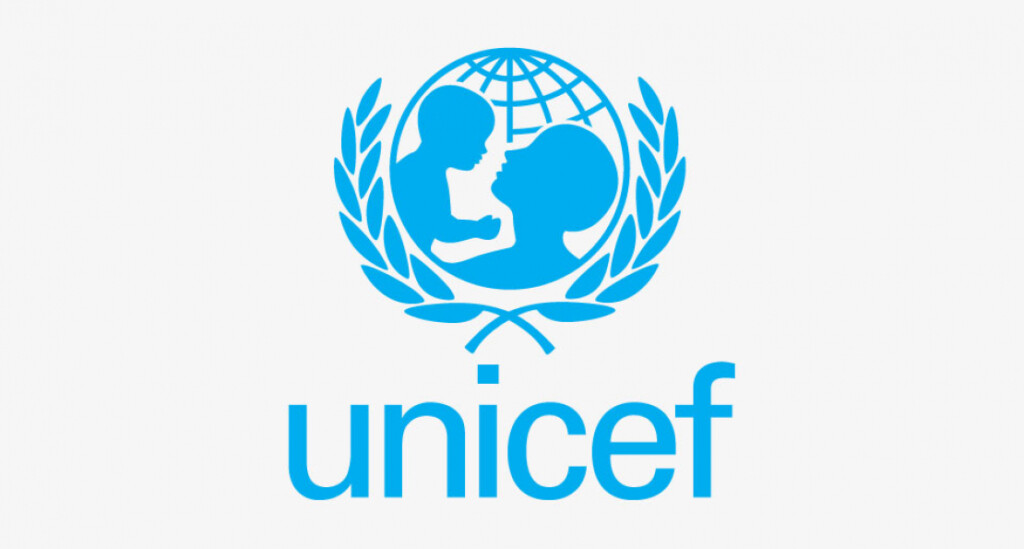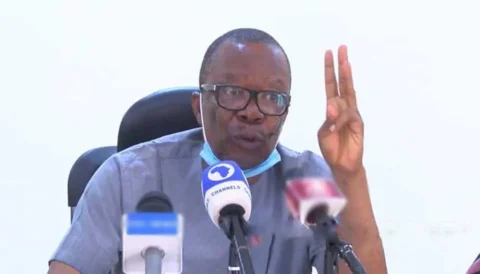The United Nations Children’s Fund (UNICEF) has called on Nigerian schools to integrate education on Female Genital Mutilation (FGM) into their curriculum as part of wider efforts to eliminate the harmful practice.
Denis Onoise, UNICEF Child Protection Specialist at the Lagos Field Office, made the appeal during a two-day media dialogue on advocacy to end FGM in Nigeria, held in Benin.
Onoise stressed that Guidance and Counseling Departments in schools play a vital role in sensitizing young people about the dangers of FGM, which he described as a form of gender-based violence requiring urgent attention. He further urged school authorities and Parents Teachers Associations (PTAs) to lead awareness campaigns at both school and community levels to help dismantle entrenched cultural and social norms that perpetuate the practice.
He noted that education on FGM should extend beyond classrooms, influencing families and communities to reject practices harmful to girls’ health and well-being. He also identified marriage registries as key institutions in the advocacy effort, saying young couples should be counseled to commit to raising children free from harmful practices.
“When couples sign marriage certificates, they should also acknowledge their commitment not to mutilate their female children. This commitment is part of protecting future generations,” Onoise said.
Highlighting the legal implications, the UNICEF official warned that FGM is illegal in Nigeria, with penalties ranging from fines of ₦200,000 to ₦500,000 or imprisonment, depending on court judgment. “Parents must know that allowing their daughters to undergo FGM attracts serious sanctions. The state is against it, and violators will face the full wrath of the law,” he added.
On survivors, Onoise explained that psychosocial support systems have been set up, including counseling, awareness programs, and community education, to aid healing and prevent further cases.
He concluded by calling for stronger collaboration between schools, marriage registries, and communities, emphasizing that a coordinated approach is key to eradicating FGM in Nigeria.





